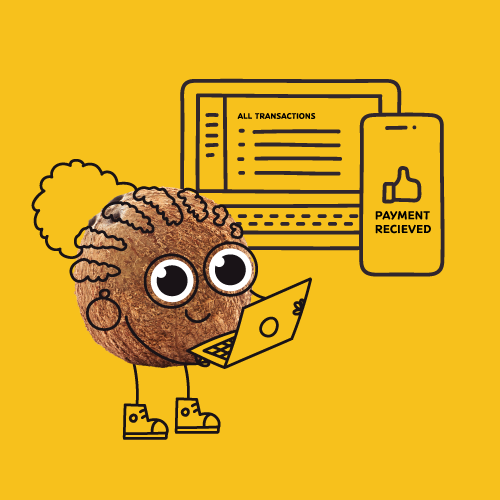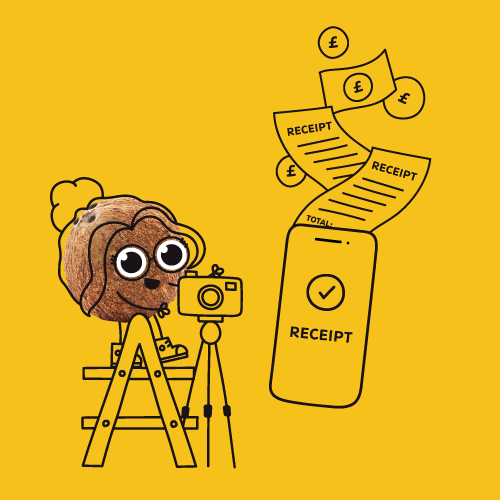Winning a new client is always cause for celebration. It provides accountants with a nice feeling, which is amplified, of course, if you can add many more new names to your client list.
Winning new clients is sure a sign not only that your services continue to appeal and meet market demand, but possibly also that your existing clients are saying nice things about you or that the way you’re marketing your business is working well. Happy days.
But the work doesn’t end there, of course…
New clients have to be onboarded, so that you’re both on the same page as regards what they can expect of you, as well as what they need to do, if you are both to maximise the value you get from your relationship.
If you get the onboarding process right, you can make a great first impression on your client. It can ensure that the relationship gets off on the right foot and that it can go from strength to strength.
When an accountant wins a new small business, sole trader, freelancer or landlord client, a key part of the onboarding process, of course, is to ensure that they use your preferred accounting software package in the right way. Get that right and it potentially benefits both parties greatly.
Streamline your onboarding process with Coconut
Coconut can really help you to streamline your onboarding process for new clients. This can save you lots of time and enable you to minimise your client costs and maximise your income from work for every client.
As you may or may not know, it’s free to create a Coconut accountant partner account. Once you’re up and running, your client(s) can download the Coconut app, sign up and connect their bank account. This then enables you to manage their financial records in the Coconut Accountant Platform.
Client invitation to download the Coconut app
● You invite a new client to download the Coconut app through the Accountant Platform.
● They receive an email which gives a brief introduction to Coconut and invites them to download the Coconut app.
● They need to follow the link in the email to download the Coconut app via the Apple Store or Google Play.
The set-up process
Your client should be able to get set up in a few minutes, because the set up is really easy. All they need do is:
- Click on “Get Started Now”.
- Enter the email address to which they received the invitation email.
- Select “Sole trader” as a legal business structure.
- Enter their name, surname and preferred name.
- Provide their phone number. to which a verification code will be sent.
- Enter the verification code sent to their mobile phone.
- Set up a passcode and repeat it.
- Turn on notifications.
- Accept the terms and conditions.
- Select the term that best describes them (eg self-employed, landlord, etc)
- Connect their business bank account. Job done.
Connecting bank accounts
Accounts from more than 30 UK current account and credit card providers can be connected to Coconut in just a few simple steps. Connecting client bank accounts is crucial to ensuring that you can manage your client's financial records in the Coconut Accountant Platform. Once connected, all transactions will be viewable in the Coconut app; receipts and notes can be added, while costs can be conveniently categorized.
● Find out how to connect accounts to Coconut >>
How much does Coconut cost?
● Sole trader and landlord client users can sign up and pay their own subscription (£9 a month, including VAT, which is deductible as a tax expense) and then invite you to have access to their financial records.
● If you have more than one client using Coconut, you should consider our partner programme, which means you’ll be charged at a much cheaper rate per client, which is £7 per client per month (excluding VAT) on our pay-as-you-go plan, where you pay for clients as you add them.
● Your most cost-effective option is to sign up to a fixed-term agreement, which enables you to bulk buy licenses for clients at a cheaper rate. This is £5 per client per month (excluding VAT), for a minimum of five clients, which gives you a 10% discount. The more clients you have, the more you save. For example, if you buy 25-99 licenses, you get a 20% discount on the £5 per client.
More great time-saving news for you
Coconut is integrated with award-winning Self Assessment tax return software GoSimpleTax. Key income and expense figures can easily be transferred from Coconut into the necessary supplementary pages via GoSimpleTax, which means you’ll be able to complete client Self Assessment tax returns even quicker.
Moreover, accountants who use Coconut can use GoSimpleTax for FREE, which is a price that’s guaranteed to bring a smile to any accountant’s face. Try GoSimpleTax today and see why so many other accountants love it.
● To find out more about using Coconut to streamline your client onboarding process, book a call with a Coconut team member.











